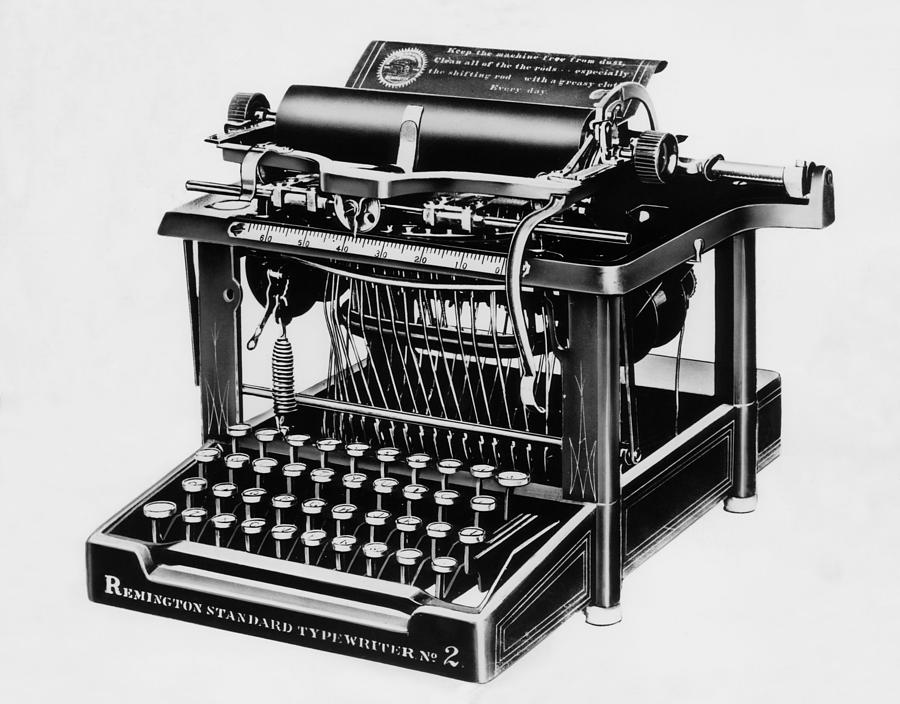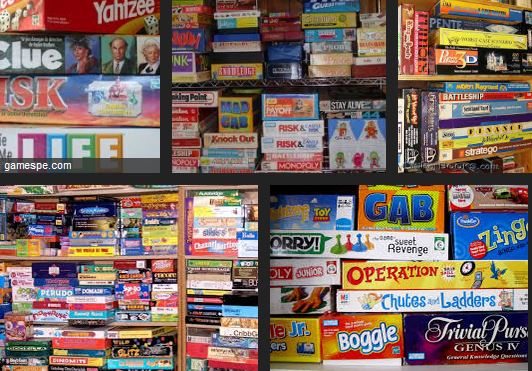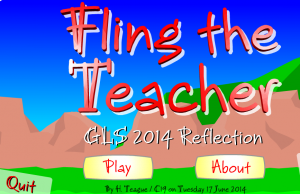Learning Something New Video
This is my LSN video on Juicing in partial requirements for EDLT 770b course at Pepperdine University. No fruits or vegetables were hurt in the making of this video. (Note: Video Link retired)
Semiotic Vocabulary
Centrifugal Juicers: Centrifugal juicers are the most common type of juicer that you will find in department stores. They are often upright and cylindrical in shape. They extract juice from fruits and vegetables by grating them into tiny pieces, then using a sieve to “spin” the juice out of the pulp at high speeds (in a similar manner in which a salad spinner extracts the water from washed greens).
Masticating Juicers: Masticating (aka “single gear”) juicers use a screw-type auger to grind, crush and “chew” fruits, vegetables and leafy greens. It distributes the juice and extracts the pulp into separate containers.
Triturating Juicers: Triturating (or twin gear) juicers are high-end juicers and are considered to be the best ones on the market. They work similarly to a masticating juicer but the motor runs slower, which preserves maximum nutrients and promotes efficient juicing. They also have two, interlocking “screws” that grind, crush and “chew” produce in order to extract the juice.
Wheatgrass Juicers: If you want to juice wheatgrass, then you should get a dedicated wheatgrass juicer. Centrifugal juicers are not appropriate for extracting the juice from grasses, and masticating juicers are not the best option either. Wheatgrass juicers are specifically designed to do this job.
Citrus Juicers: Citrus juicers are specialized to extract juice from citrus fruits like oranges, grapefruit, lemons and limes. Obviously, they are not suitable for making green juices. Citrus fruits can be juiced in centrifugal, masticating and triturating juicers so it is not necessary to get a separate citrus juice extractor if you are getting one of these other units.
Sources:
Canole, D. (2011) Guide to Juicing Greens. Retrieved from http://www.mindbodygreen.com/0-5595/Guide-to-Juicing-Greens-Infographic.html
Foley, M. (2012). Beyond the Glass: Ways to Use Leftover Juice Pulp http://www.fitsugar.com/What-Do-Leftover-Juice-Pulp-21518042
Garland, D. K. (2002). Learning style characteristics of the online student: A study of learning styles, learner engagement and gender. Ann Arbor, University of Missouri – Columbia. 3074403: 121-121 p.
Hmelo-Silver, C. E., Duncan, R. G., & Chinn, C. A. (2007). Scaffolding and achievement in problem-based and inquiry learning: A response to Kirschner, Sweller, and Clark (2006). Educational Psychologist, 42(2), 99-107.
Juicing in the Kitchen: http://www.squidoo.com/juicing-in-the-kitchen
Kolb, A. and Kolb, D. A. K. (2010). “Learning to play, playing to learn: A case study of a ludic learning space.” Journal of Organizational Change Management 23(1): 26-50.
Kirschner, P. A., Sweller, J., & Clark, R. E. (2006). Why minimal guidance during instruction does not work: An analysis of the failure of constructivist, discovery, problem-based, experiential, and inquiry-based teaching. Educational psychologist, 41(2), 75-86.
LA Healthy Living Blog: http://www.lahealthyliving.com/1/post/2014/06/golden-turmeric-smoothie-pain-inflammation.html
My Whole Juice: http://mywholefoodlife.com/
Nutribullet Blog: http://nutribulletblog.com/
Vygotsky, L. (1978). Mind in society: The development of higher psychological processes. (M.Cole, V. John-Steiner, S. Scribner & E. Souberman, Trans.). Cambridge, MA: Harvard University Press.
Wenger, E. (1998). Communities of practice : learning, meaning, and identity. Cambridge, U.K.; New York, N.Y., Cambridge University Press
Zull, J. (2002). The Art of the Changing Brain. Stylus Publishing. Retrieved from: http://jimmytorresecuador.pbworks.com/w/file/fetch/64302662/The%20Art%20of%20Changing%20the%20Brain.pdf
Music by Chris Zabriskie – http://freemusicarchive.org/music/chris_zabriskie/











